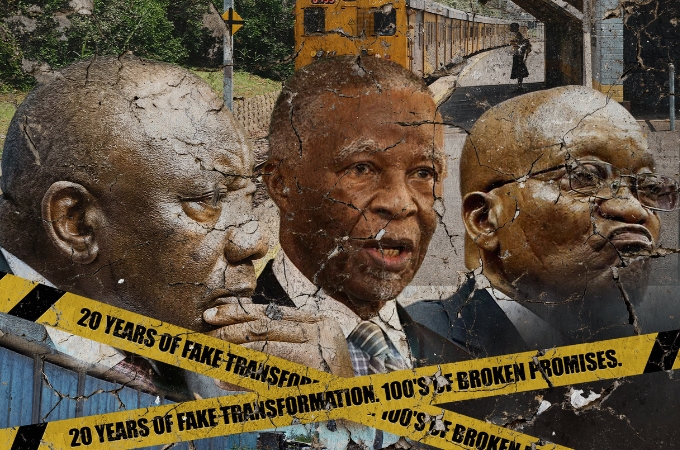Cape Town – The South African Institute of Race Relations (IRR) explained that for South Africa to achieve economic growth, labour laws such as Black Economic Empowerment (BEE) need to be revised to enable the creation of more jobs and opportunities.
Anthea Jeffery, the paper’s author and Head of Policy Research at the IRR, together with Hermann Pretorius, hosted a webinar to present the organisation’s growth blueprint, titled “Generating Jobs and Skills”, which outlines strategies to unlock skills development and boost job creation.
Speaking on the reform of BEE to Economic Empowerment for the Disadvantaged (EED), Jeffery quoted Deng Xiaoping, saying: “It doesn’t matter whether a cat is black or white, as long as it catches mice”, to highlight her concerns about the exclusion of certain racial groups in favour of empowering others within the country.
“We really need to use all the skills we have regardless of racial identity.
“Our skill shortage is so bad, we can’t afford to exclude some schools. It just makes no sense,” said Jeffrey.
She dismissed the narrative spread by the African National Congress, which claims that without racial quotas it would be difficult for black people to find employment in an economy run by white people and argues that black people’s skills were in demand even during the peak of apartheid during the 1970’s.
She adds, “After a decade of rapid growth in the 1960’s, the apartheid government realized that the white skill base was too small to meet the needs of the economy, and so the national party government began changing.
Replacing BEE with Economic Empowerment for the Disadvantaged can help boost job-creation, growth and defeat poverty.#BlueprintforGrowth
Read more: https://t.co/enQnUvbDEI
— South African Institute of Race Relations (@IRR_SouthAfrica) August 27, 2025
“First of all, they began putting more money into black education and trying to equalize per capita educations to black and white education.
“And secondly, John foster, once seen as one of the most rigid of the apartheid prime ministers said to business that the government would no longer stand in the way what they had long been asking for, which is that they should be able to tap into the black skills base and increasingly see black South Africans moving up the jobs ladder into ever higher positions,” she said.
SA’s restrictive labour laws are the highest barriers to creating jobs and skills in the country.
Breaking these barriers will unleash opportunity and prosperity for millions of South Africans.
Watch the full webinar here: https://t.co/M9P8T7RQRG pic.twitter.com/ken4yaDoHl
— South African Institute of Race Relations (@IRR_SouthAfrica) August 26, 2025
She argued that it was these reforms in the 1970s that boosted the country’s economy, increased black incomes, and helped reduce racial inequality, adding that many businesses reported relying more on black consumers than on white consumers.
She argued that it would be “absurd” for businesses and employers to exclude black people, adding that the ANC uses this as an excuse to justify maintaining its racial quotas.
Property rights are the foundation of economic freedom.
To help make SA a winning country, join Team #WhatSACanBe! 👉 https://t.co/pESrjJRkHz pic.twitter.com/RoWpmpFNi3
— South African Institute of Race Relations (@IRR_SouthAfrica) August 27, 2025
Follow African Insider on Facebook, X and Instagram
Picture: X/@IRR_SouthAfrica
For more African news, visit Africaninsider.com
Compiled by Anda Tolibadi


